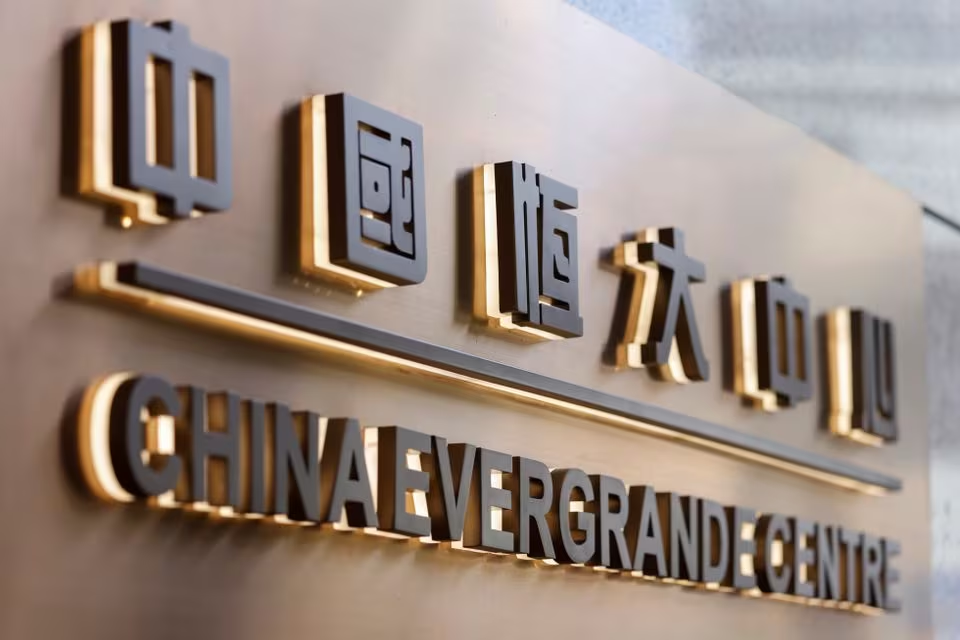
A Hong Kong court has ordered the liquidation of China Evergrande Group, marking a critical phase in the downfall of the world’s most indebted property developer. The decision has raised questions about the fate of international investors who poured tens of billions into Evergrande. Hong Kong’s legal system, rooted in English common law, contrasts sharply with China’s socialist legal framework, setting the stage for a complex legal battle.
The liquidation order, issued by Judge Linda Chan, has implications for the vast assets of Evergrande, with most of its activities and liabilities situated in mainland China. The court-appointed liquidators, Eddie Middleton and Tiffany Wong, aim to navigate the intricacies of Evergrande’s extensive network of onshore and offshore subsidiaries.
The liquidation comes at a time when China is facing renewed international scrutiny over legal and political norms. Nigel Trayers, a restructuring specialist, highlights the challenge of extracting funds from mainland China, where the government prioritizes completing unfinished residential projects over satisfying external creditors.
The Hong Kong court’s appointment of liquidators provides hope for obtaining insights into Evergrande’s operations, given the power to request the company’s books and records under Hong Kong law. However, the complexity of Evergrande’s structure poses challenges, with numerous subsidiaries potentially facing insolvency.
China Evergrande Group, the subject of the winding-up order, is a Hong Kong-based holding company responsible for significant offshore financing. The company’s failure to present a viable restructuring proposal led to the court’s decisive liquidation order, impacting its assets in Hong Kong and mainland China.
The cross-border legal landscape adds further complexity, with Hong Kong seeking recognition of the liquidation order from mainland courts. However, challenges loom as mainland courts may resist recognizing Hong Kong winding-up orders, as seen in limited previous cases.
The liquidation’s broader economic impact is evident in the halt of Evergrande-related stock trading and potential repercussions on China’s financial markets. Observers express concerns about the company’s heavy indebtedness, the founder’s arrest, and the broader implications for the real estate industry.
As Evergrande’s liquidation unfolds, questions remain about the fate of its assets, the ability to execute the liquidation process, and the impact on creditors, shareholders, and the broader real estate sector. The situation highlights the challenges in China’s property market and the need for coordinated efforts to address the economic fallout.






Be First to Comment